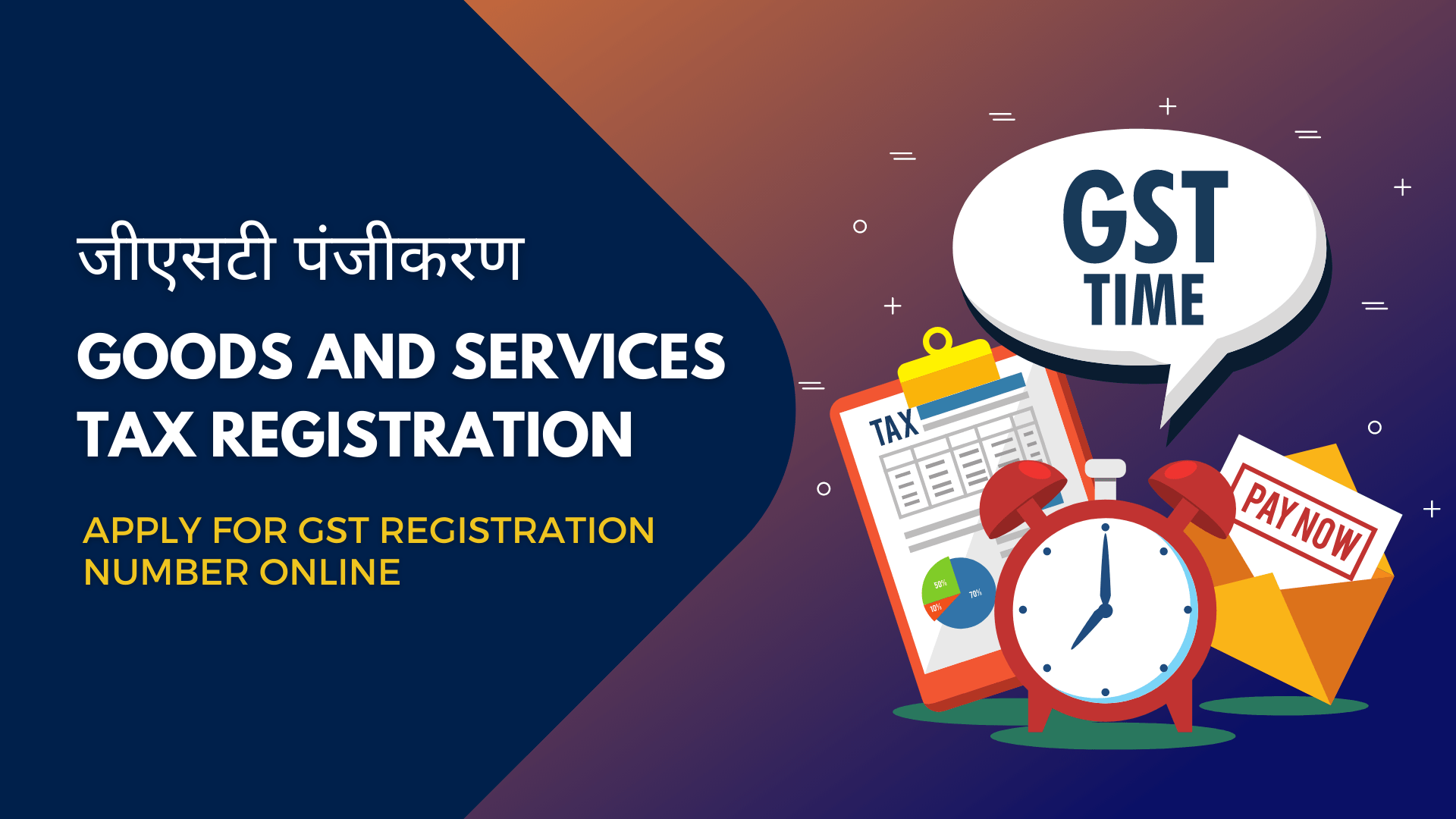Locating Reputable and Reliable Best GST Registration Services in Singapore
Locating Reputable and Reliable Best GST Registration Services in Singapore
Blog Article
From Beginning To End: The Ultimate Roadmap to GST Enrollment for Organizations Seeking Financial Stability
Navigating the complexities of Goods and Provider Tax Obligation (GST) registration is a crucial step for services striving for economic security. From understanding the fundamental concepts of GST to adhering to post-registration guidelines, the process can seem daunting at initial glance. Breaking down the roadmap right into manageable steps can enhance the registration journey for companies looking to improve their monetary standing. Let's check out the vital components that compose this ultimate roadmap and discover exactly how each phase adds to laying a solid structure for monetary success.
Understanding GST Fundamentals
Delving right into the basic concepts of Product and Solutions Tax (GST) is vital for obtaining a detailed understanding of its effects on services and the economy. Input Tax Obligation Credit Scores (ITC) is a considerable feature of GST, enabling businesses to declare credit rating for tax obligations paid on inputs, decreasing the overall tax worry. Recognizing the essentials of GST is crucial for services to comply with tax obligation guidelines, manage their financial resources successfully, and add to the country's economic growth by participating in a clear tax system.
Qualification Requirements for Registration
To sign up for GST, businesses need to fulfill details qualification standards developed by the federal government. The primary eligibility need is that any type of service associated with the supply of products or solutions with a yearly aggregate turn over above the threshold limitation established by the authorities need to sign up for GST. As of the current policies, the threshold restriction for GST registration is an annual aggregate turnover of 40 lakhs for organizations running within a state, besides special category states where the limitation is 20 lakhs. Additionally, specific services are required to sign up for GST irrespective of their turn over, such as interstate suppliers, laid-back taxed persons, and companies reliant pay tax under the reverse cost mechanism. It is vital for services to thoroughly examine their turn over and transaction kinds to establish their GST enrollment obligations properly. Failing to register for GST when eligible can result in charges and legal consequences, making it important for services to abide by the defined qualification criteria.
Files Needed for Enrollment
Having actually met the qualification requirements for GST registration, services need to currently guarantee they have the requisite records in position to continue with the registration process effectively. The records needed for GST registration usually include proof of business constitution, such as partnership act, registration certificate, or consolidation certification for various sorts of businesses. Additionally, services require to offer records developing the major area of company, such as a rental contract or electrical power costs. PAN card of business, in addition to the identification and address evidence of promoters/partners/directors, are important for verification functions. Bank account statements, together with terminated cheques or a copy of the bank passbook, are called for to verify the economic details given throughout enrollment. Companies must have electronic signatures ready for the licensed signatory. Ensuring all these files are organized and readily available will certainly click here to find out more quicken the GST enrollment process, making it possible for services to abide with tax guidelines seamlessly.
Step-by-Step Enrollment Process
Beginning the GST enrollment procedure involves a series of structured actions to guarantee a certified and smooth enrollment for services. The very first step is to see the GST portal and complete the registration kind with exact details of the service entity. Following this, the applicant receives a Temporary Reference Number (TRN) which is used to resume the application process if it's not finished in one go.
Next, all needed records as per the list provided by the GST portal demand to be uploaded. These papers usually include proof of company address, identification and enrollment evidence of marketers, monetary statements, and company entity's frying pan card.

Post-Registration Compliance Guidelines

Verdict
In final thought, organizations looking for monetary security has to understand the essentials of GST, meet eligibility criteria, collect required files, adhere to the detailed enrollment procedure, and adhere to post-registration guidelines - Best GST registration services in Singapore. By adhering to these steps, services can make certain conformity with tax obligation regulations and preserve monetary learn the facts here now security in the long run
Furthermore, particular services are needed to sign up for GST irrespective of their turn over, such as interstate vendors, informal taxable persons, and organizations responsible to pay tax under the reverse fee mechanism.Having fulfilled the eligibility criteria for GST registration, businesses should currently guarantee they have the requisite documents in area to continue with the enrollment procedure successfully. The papers required for GST enrollment usually include evidence of organization constitution, such as collaboration action, registration certificate, or consolidation certificate for various types of businesses. In addition, companies need to supply records establishing the major place of company, such as a rental contract or electricity costs.Beginning the GST enrollment process entails a collection of structured actions to guarantee a seamless and compliant registration for organizations.
Report this page